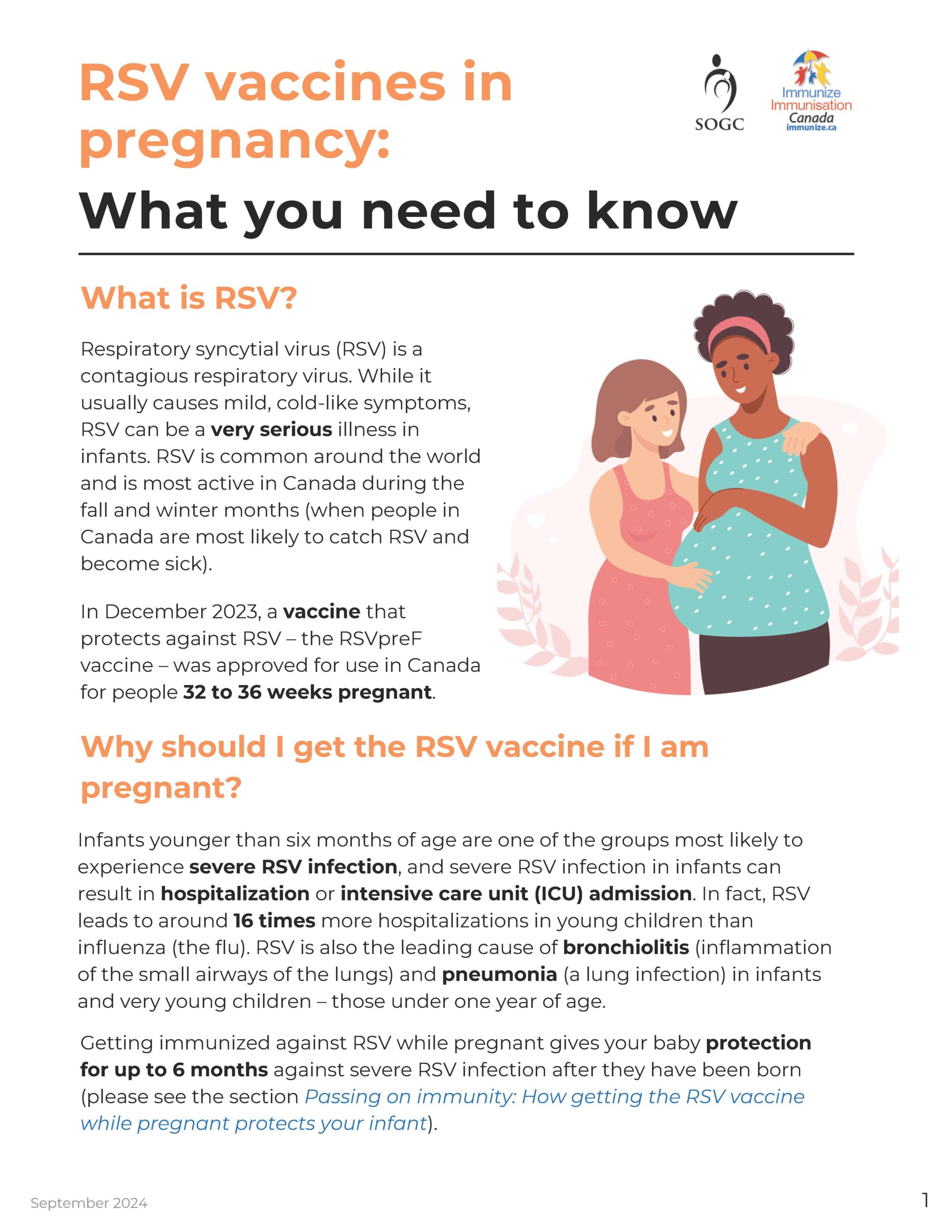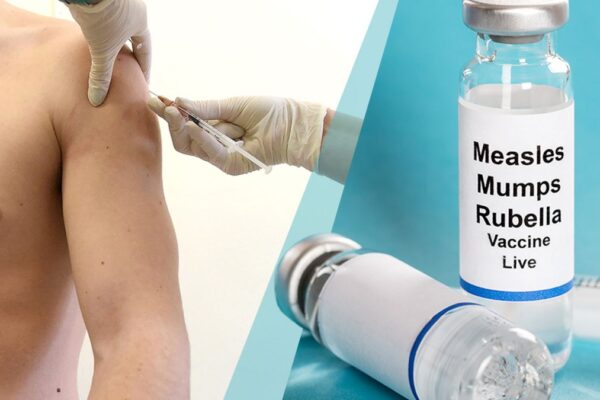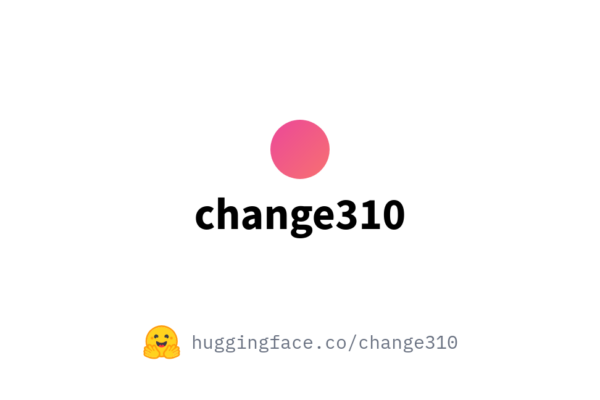
Introduction
The respiratory syncytial virus (RSV) is a leading cause of respiratory infections in infants, young children, and the elderly, making the development of an effective RSV vaccine crucial for public health. As infections spike during the winter months, the need for preventive measures has become increasingly urgent. Recent advances in vaccine research have shown promise, highlighting not only the scientific progress being made but also the potential for significant impact on global health.
Recent Developments in RSV Vaccine Research
In October 2023, the World Health Organization (WHO) reported that new vaccine candidates are undergoing extensive clinical trials, aiming to reduce the burden of RSV-related illnesses. Companies such as Pfizer and Moderna have recently made headlines by advancing their RSV vaccines into Phase 3 trials. These trials are critical for assessing both the efficacy and safety of their formulations.
Pfizer’s vaccine, which targets both infants and pregnant women to provide indirect protection to newborns, has garnered attention for its innovative approach. Preliminary results indicate that the vaccine elicits a strong immune response and may significantly lower the incidence of severe disease in infants. Meanwhile, Moderna’s mRNA-based RSV vaccine is also showing promising results, leveraging technology proven effective against COVID-19. Both vaccines mark a significant step towards the potential for universal vaccination protocols for RSV.
The Public Health Impact of an RSV Vaccine
Health experts believe that an effective RSV vaccine could drastically reduce hospitalisation rates and healthcare costs associated with RSV infections, which are estimated to exceed £1 billion annually in the UK alone. In vulnerable populations, including premature infants and older adults, an RSV vaccine could prevent severe respiratory complications and reduce mortality rates.
Furthermore, the introduction of an RSV vaccine could alleviate pressure on healthcare systems during peak infection seasons, allowing more resources to be allocated towards other urgent public health challenges. Given the urgency of respiratory illness management in the context of the ongoing COVID-19 pandemic, the timing of these developments is fortuitous.
Conclusion
The ongoing research and clinical trials for RSV vaccines signal a hopeful future for public health. With promising data emerging from key vaccine candidates, there is optimism surrounding the potential impact on reducing RSV infections, particularly in vulnerable populations. Continued support for vaccine research is essential, as the successful development and distribution of an RSV vaccine could change the landscape of respiratory illness prevention significantly. As more information becomes available, both healthcare providers and caretakers should stay informed about the developments in RSV vaccination, which may soon offer a vital tool in the fight against respiratory infections.
You may also like

Understanding the Current Measles Outbreaks
The Integral Role of Hospitals in Modern Healthcare

The Role of Face Masks in Public Health Today
SEARCH
LAST NEWS
- Remembering Wendy Richard: The Promise to Co-Star Natalie Cassidy
- How Did Anglian Water Achieve an ‘Essentials’ Rating for Mental Health Accessibility?
- Shai Hope Leads West Indies in T20 World Cup Clash Against South Africa
- What We Know About Weston McKennie: Future at Juventus and Past at Leeds
- What We Know About the Upcoming Live Nation Antitrust Trial